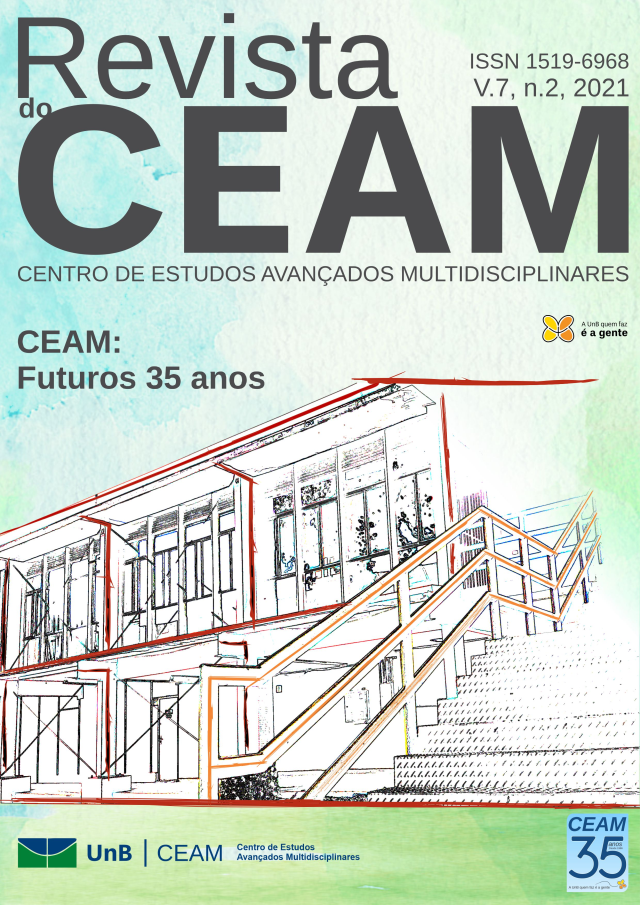Pastoral agents in denouncing forced sterilizations of poor women in Peru (1996-2000)
DOI:
https://doi.org/10.5281/zenodo.5984886Keywords:
Pastoral agent, Defense of life, Forced sterilization, Catholic Church, Women, Preferential Option for the Poor, PeruAbstract
In the mid-1990s, the Peruvian State implemented the National Program for Reproductive Health and Family Planning (PNSRPF 1996-2000), which resulted in the forced sterilization of a considerable number of women, a situation that was not alien to the intervention of the Church through its pastoral agents (priests, religious and lay people). These not only presented information, but also accompanied the victims as part of their pastoral action. In order to analyze this work, the following specific objectives are proposed: (1) to offer a critical look at the role of pastoral agents by highlighting their autonomy in taking up the defense of women victims of forced sterilizations, and (2) to underline the various conflicts and constraints they faced as a result of the position they decided to take. Finally, it will be emphasized that this defense was based on a motivation of faith in dialogue with human life and social problems, allowing them to create spaces of salvation (physical, psychological and spiritual) for the victims.
Downloads
References
ARCHIVO DE NOTICIAS y documentos sobre “Política de Población”.
ASOCIACIÓN DE TEÓLOGOS – JUAN XXII. Iglesia y Derechos Humanos. IX Congreso de Teología. Madrid: Evangelio y Liberación. 1989.
CHAUVIN, L. “Fujimori versus la Iglesia”, Noticias Aliadas, número 34, p. 1. 1994.
COMISIÓN DE LA VERDAD Y RECONCILIACIÓN. Informe Final. Tomo III. Lima: CVR. 2003.
DEFENSORÍA DEL PUEBLO. La aplicación de la anticoncepción quirúrgica y los derechos reproductivos. III Informe Defensorial n. 69, 2002.
DEGREGORI, Carlos Iván. La Década de la antipolítica. Auge y huida de Alberto Fujimori y Vladimiro Montesinos. Lima: Instituto de Estudios Peruanos. 2000.
DIARIO LA REPÚBLICA. Miembros de DEPAS marchan por la vida, p. 6. 1998.
FUJIMORI, Alberto. Mensaje del presidente Alberto Fujimori, iniciando un nuevo periodo presidencial (28 de julio de 1995). En <http://www.congreso.gob.pe/museo/mensajes/Mensaje-1995-2.pdf>.
INSTITUTO DE SALUD MSC “Cristóforis Denéke”
KLAIBER, Jeffrey. Iglesia, dictaduras y democracia en América Latina. Lima: Fondo Editorial PUCP. 1997
LERNER, Adrián. Las polémicas mediáticas en la campaña de esterilizaciones masivas en el Perú de Fujimori (1994-1998). Lima: PUCP. 2009.
MEDELLÍN. Conclusiones de la Segunda Conferencia General del Episcopado Latinoamericano. Paulinas, 1968.
MINISTERIO DE SALUD (MINSA). Programa de salud reproductiva y planificación familiar. Lima: MINSA, UNFPA. 1996.
PUEBLA. Tercera Conferencia General del Episcopado Latinoamericano. La Evangelización en el presente y en el futuro de América Latina. CELAM: 1979.
SANTO DOMINGO. Conclusiones de la Cuarta Conferencia General del Episcopado Latinoamericano. Lima: Conferencia Episcopal Peruana, 1992.
Downloads
Published
How to Cite
Issue
Section
License
Copyright (c) 2021 José Luis Franco-Meléndez

This work is licensed under a Creative Commons Attribution 4.0 International License.
Autores mantém os direitos autorais e concedem à Revista do CEAM o direito de primeira publicação, com o trabalho simultaneamente licenciado sob uma Licença Creative Commons - Atribuição 4.0 Internacional, permitindo o compartilhamento do trabalho com reconhecimento da autoria do trabalho e publicação inicial nesta revista.









